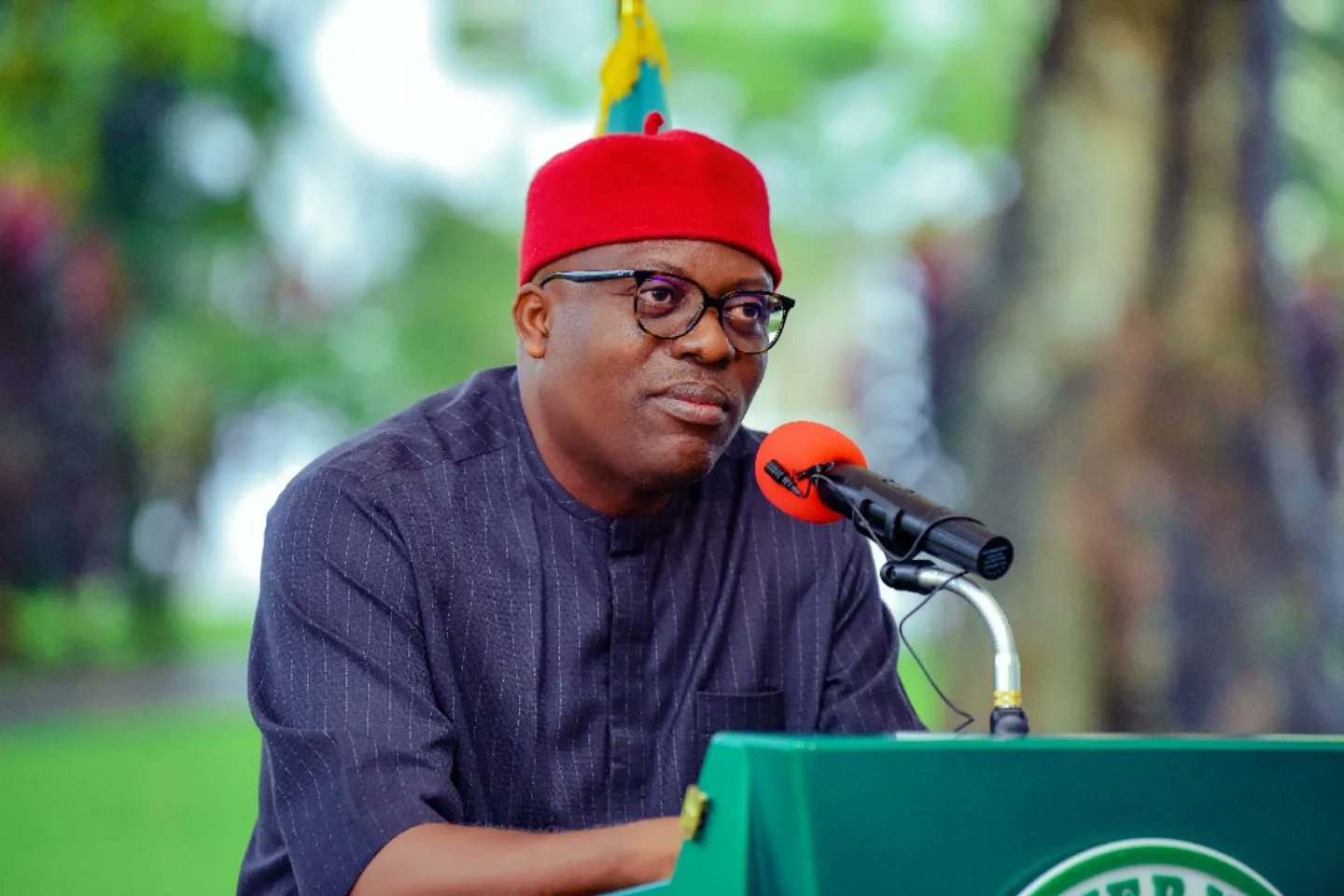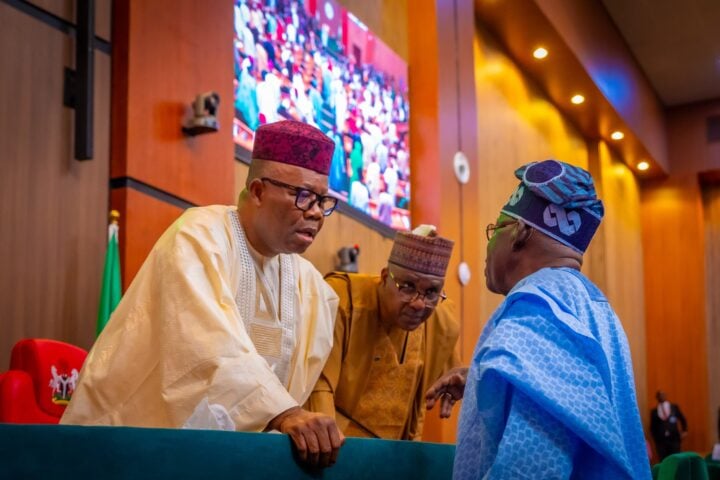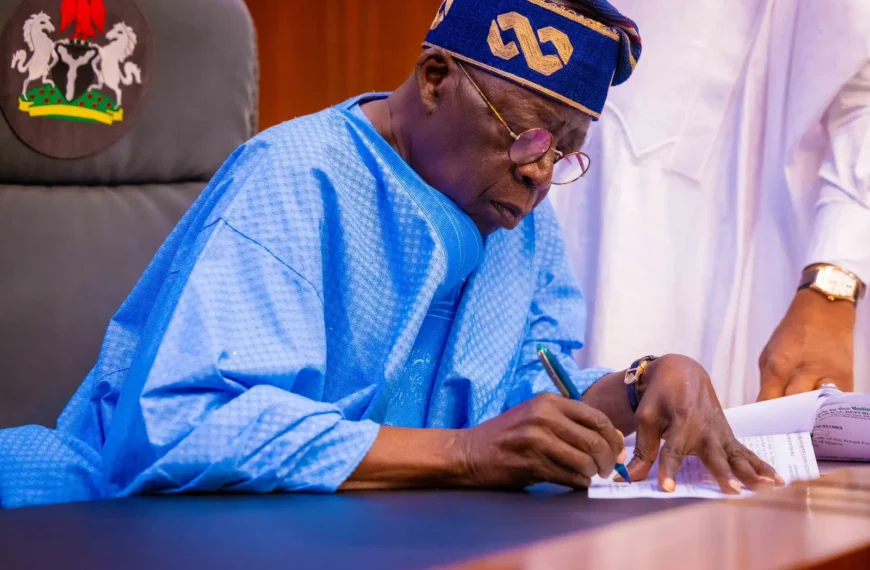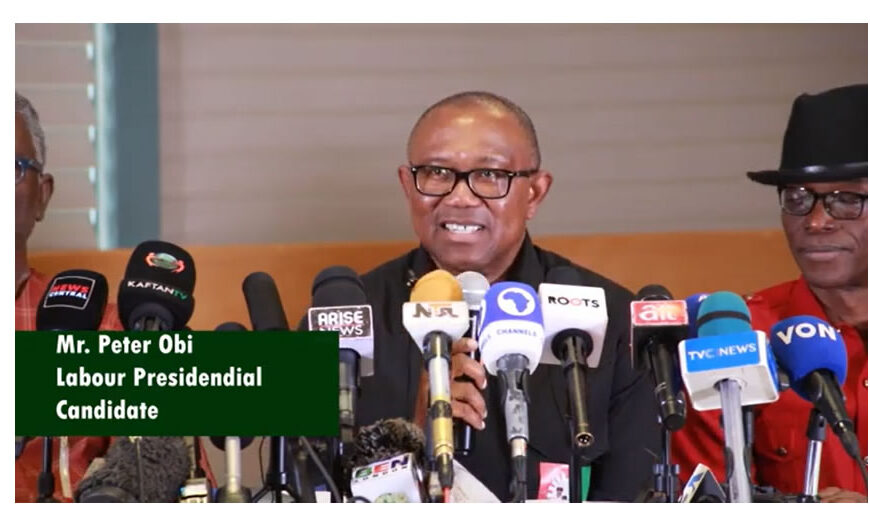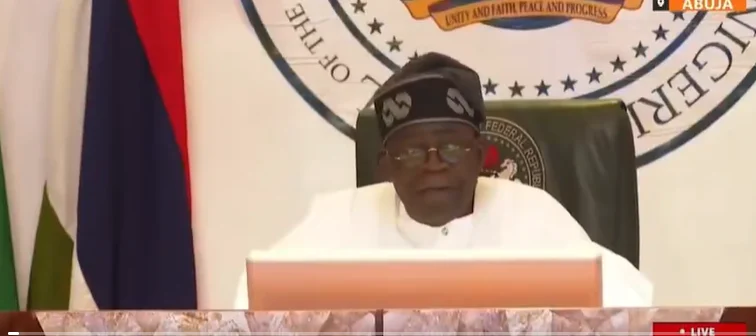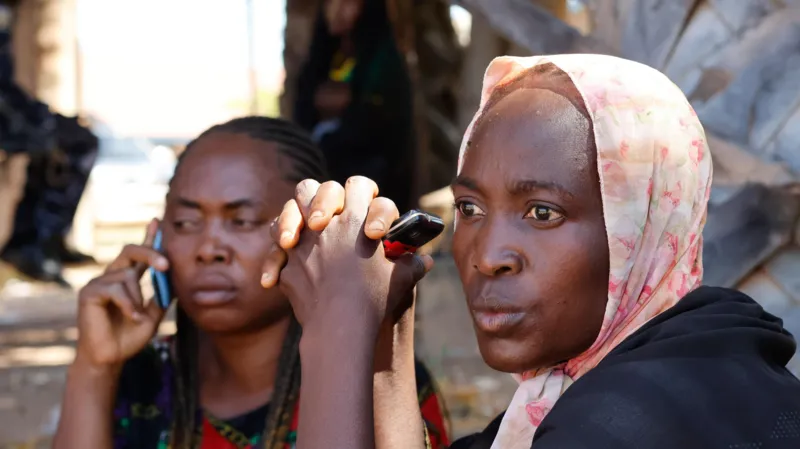Rivers State, long known for its political intensity, has entered a new chapter of uncertainty. After six months under a state of emergency, the reinstatement of Governor Siminalayi Fubara and members of the State House of Assembly has stirred renewed debate. Although the House of Assembly resumed sitting as directed, Governor Fubara was conspicuously absent. His failure to return has raised concerns about his political position and sparked reactions from key opposition figures, including Atiku Abubakar and Peter Obi, who have criticized the federal government’s handling of the situation. They allege constitutional breaches and executive overreach on the part of President Bola Tinubu.
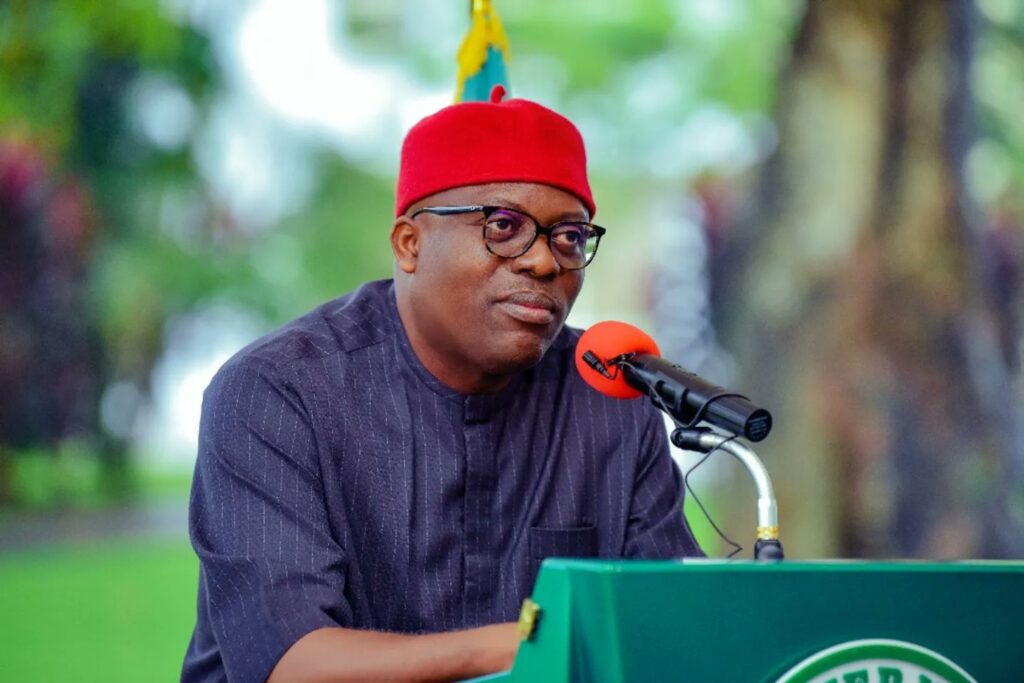
On March 18, 2025, President Tinubu declared a state of emergency in Rivers State, suspending Governor Fubara, his deputy, and all members of the state legislature. The federal government justified the move as necessary to address escalating tensions and political dysfunction between the executive and legislative branches in the state. During the emergency rule, retired Vice Admiral Ibokette Ibas was appointed as the sole administrator to run the affairs of the state.
Following months of criticism and pressure from legal experts, opposition leaders, and civil society groups, President Tinubu announced on September 17 that the emergency rule had been lifted. He directed Governor Fubara and the suspended lawmakers to resume duties the following day, September 18. While the Rivers State House of Assembly convened as expected, Governor Fubara and his deputy did not appear in Port Harcourt. Their absence disappointed crowds who had gathered in anticipation of the governor’s return. According to some sources, Fubara had traveled abroad shortly after his suspension and might have been engaged in meetings in Abuja regarding his political future. Others speculate that ongoing behind-the-scenes negotiations may be delaying his return.
Atiku Abubakar, the former vice president and a leading figure in the opposition, accused President Tinubu of acting unconstitutionally. He argued that the president had no legal authority to suspend a duly elected governor or state lawmakers, and that lifting the suspension does not negate the initial breach of the Constitution. Atiku warned that such actions set a dangerous precedent and risk weakening democratic institutions across Nigeria.
Peter Obi, the 2023 Labour Party presidential candidate, echoed similar concerns. He described the state of emergency in Rivers as a misstep and labeled the suspension of elected officials a needless disruption. While welcoming the end of the emergency rule, Obi emphasized that the constitutional violations committed during the process should not be ignored. He urged Nigerians to remain vigilant in defending democratic principles and holding leaders accountable.
The political crisis in Rivers State raises several troubling implications. One major concern is the constitutional legitimacy of suspending elected officials without due process or judicial oversight. The Nigerian Constitution does not clearly empower the president to remove or suspend state-level executives or legislators. Legal experts have warned that this could erode the separation of powers and embolden future abuses of authority. Another key issue is the balance of power between the federal and state governments. Critics argue that the federal intervention undermines the autonomy of state governance and risks centralizing too much control in the presidency.
Governor Fubara’s continued absence has also added to the political uncertainty. While his loyal lawmakers have resumed sitting, many question whether he will be able to govern independently or if he has become politically compromised. The House of Assembly has already begun working on legislative matters, calling on the governor to nominate new commissioners, present a revised budget, and provide details about the state’s financial activities during the emergency rule. These demands will further test Fubara’s authority and ability to reestablish control.
Looking ahead, the political fallout from the crisis is far from over. Opposition leaders may pursue legal action to clarify the limits of presidential power under the Constitution. Meanwhile, Rivers residents are watching closely to see whether their governor will return to office and whether governance will resume in earnest. There is also concern that this episode could become a troubling model for how future political disputes are handled under Tinubu’s administration.
In conclusion, while the lifting of the state of emergency has brought temporary relief, the larger constitutional, legal, and political issues remain unresolved. Governor Fubara’s failure to resume office as expected has only deepened doubts about the stability of governance in Rivers State. The criticisms from Atiku Abubakar and Peter Obi reflect a growing unease about the direction of democracy in Nigeria. Restoring trust in democratic institutions will require more than announcements from Abuja — it will demand transparency, constitutional fidelity, and genuine accountability at all levels of government.

